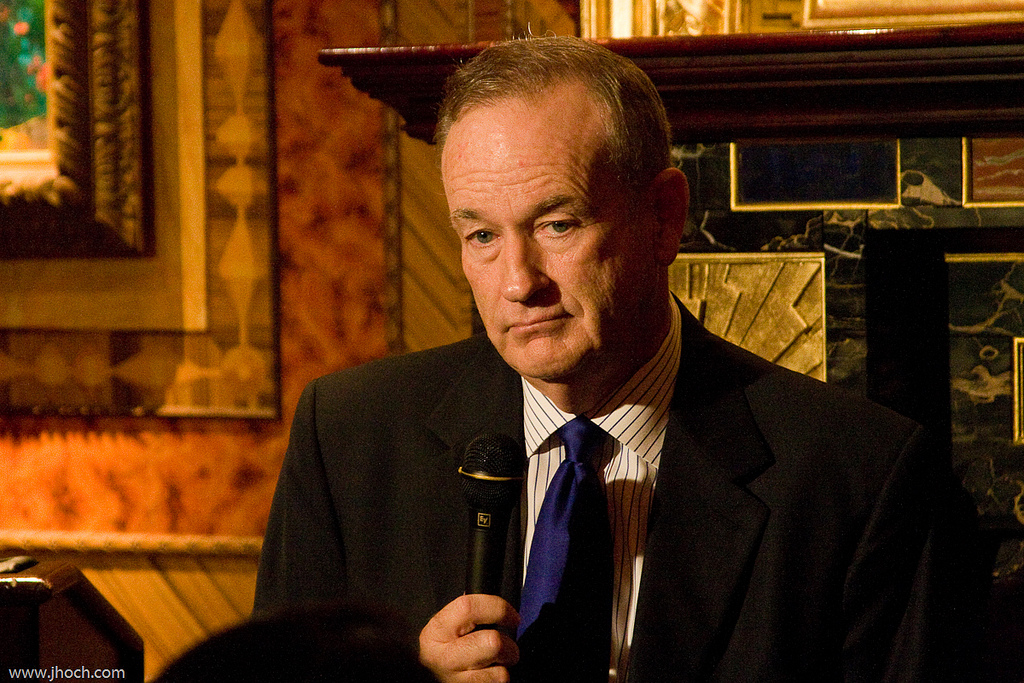
On election night, Fox News’ Bill O’Reilly said, regarding the demographic shifts that helped President Obama win reelection, “It’s not a traditional America anymore.” O’Reilly went on to say that many voters now feel “entitled to things” and saw President Obama as being able to provide those things. There are a lot of reasons to ignore O’Reilly, but he’s still one of the smarter commentators on an extremely influential network. And his comments echo Mitt Romney’s remarks about “gifts” the president gave to his core constituents and the “47 percent” who feel entitled to government benefits.
I think O’Reilly’s sentiment encapsulates why President Obama received such unrelenting opposition during his first term. To point to racism, and say that some voters and politicians don’t believe a black man is fit to be president, is too simplistic. But consider how American has changed in the past fifty years: civil rights, feminism, the sexual revolution, globalization, and the technological explosion. Many of these changes have come at the expense of white men, Romney’s core constituency. While change had already come to America, the election of Barack Obama signaled this more concretely than anything else.
Americans have short memories. As Jon Stewart adeptly pointed out, for most of our history, American tradition meant discriminating against Catholics like Bill O’Reilly. American history is filled with stories of those in power cloaking themselves in tradition, and stoking fears that some groups of “others” were undermining that tradition. And while they will deny it, it’s small leap from the comments of O’Reilly and Romney to the racial rhetoric of “welfare queens,” a pejorative term which drew from stereotypes of black laziness.
The ironic thing is that despite the racial undertones in their rhetoric, much of Republican ideology draws on universal American traditions. It’s a cliché to say that Americans believe in small government and hard work, but this country was founded by a bunch of hardy Protestants who rebelled against a tyrannical government. The ability of Americans to move up the socio-economic ladder was a hallmark of our country since its founding. The Republican platform of small government and robust capitalism speaks to these traditions.
Many commentators have suggested that Republicans need to court Latinos, and there are signs that this group could be receptive to the conservative message. It may be stereotypical to say that Latinos place more emphasis on tradition and family that other groups, but there is some evidence of this: a 2011 survey by the Pew Research Center found Latinos are more religious than most Americans. This survey also found that while a slightly higher percentage of Latinos identified as liberal compared to the overall population, 63% responded that they were either conservative or moderate.
Republicans don’t just need a rebranding, they need to shift some of their political stances. But these shifts don’t have to be drastic. As Andrew Sullivan has written, it’s easy to make the case that extending marriage to gay couples helps spread conservative values of stability and family. Republicans will have to abandon that idea that any government benefit is a gift to the undeserving, and make the argument that limited government action can shore up traditional institutions like family and community. Conservatives argue that the wealthy deserve tax relief because they worked hard to get where they are. Republicans have to acknowledge that it’s possible to work hard and still fall behind, and that government has a role in providing relief to those people. Maybe that role should be limited, and maybe that role should be assumed mostly by the states. But premising your political philosophy on the idea that government is the problem and anyone arguing otherwise is seeking a handout is not a winning strategy.
